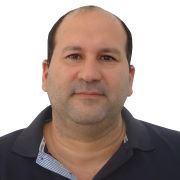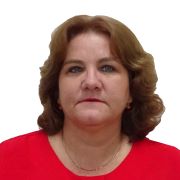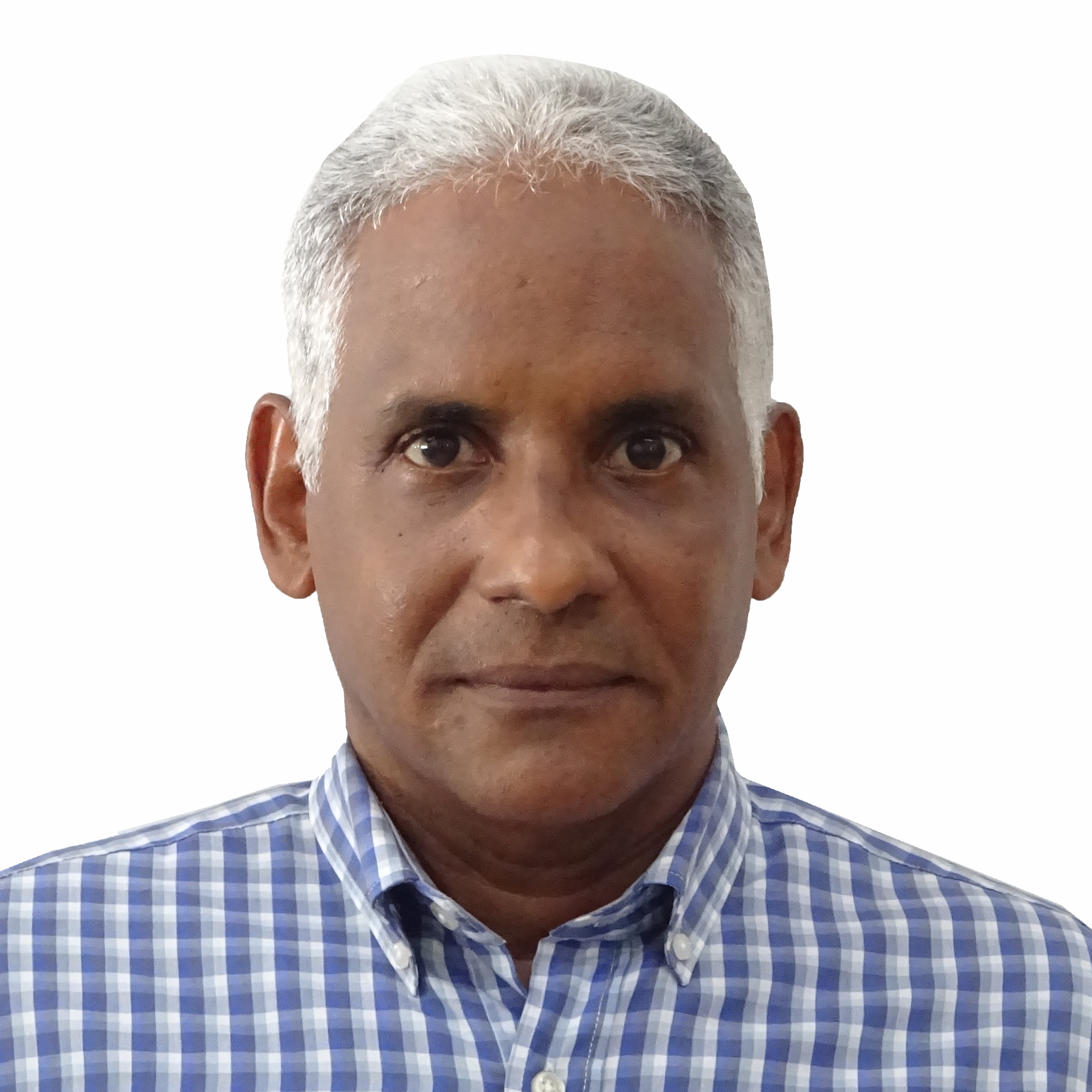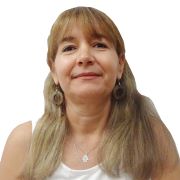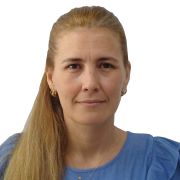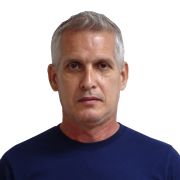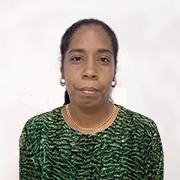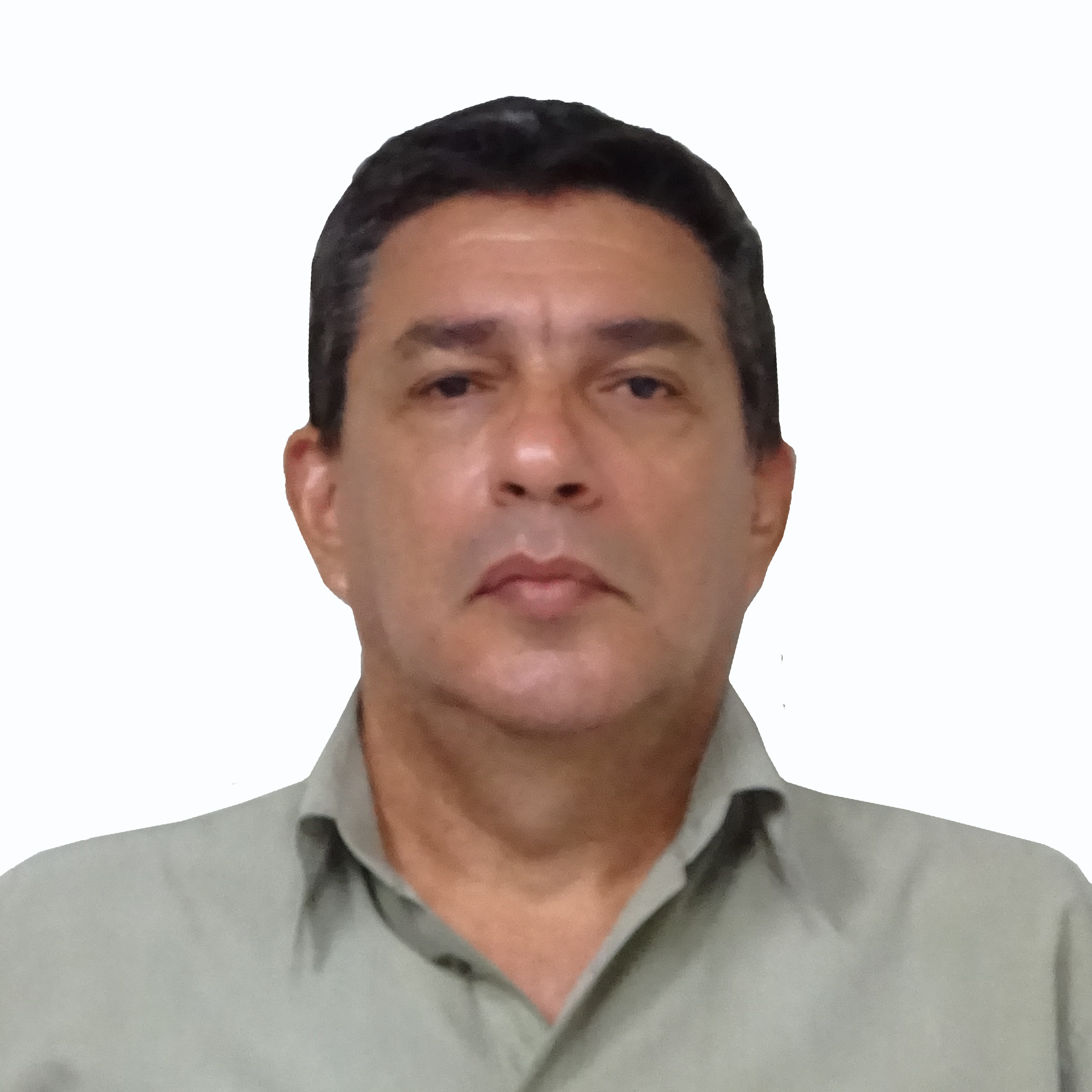Mission
Develop innovative vaccines with a high impact on health through the efficient management of financial resources, human capital, and knowledge to fulfill our social commitment and meet the requirements of the Expanded Immunization Programs.
Vision
We are an Institute of excellence due to our competitive and innovative management. Our vaccines are recognized by the World Health Organization for their safety, quality, effectiveness, and impact on health.
Strategic Objectives
- Have a strategy of leading products selected for their high economic and social impact on health, and a portfolio of new complementary products with the potential to become a leading product in the medium term.
- Develop the technological capacity that guarantees optimal technologies, high intensity, efficiency and quality standard, with a high level of competitiveness that taxes the value chain and the business strategy as the driving force of the institution.
- Develop existing, renewed and new productive capacities with high levels of efficiency and competitiveness that effectively tax the economic growth and strategic development of the institution.
- Having development capabilities that guarantee high levels of efficiency, quality and competitiveness that effectively tax the value chain and the business strategy as the driving force of the institution.
- To favor the research of strategic technologies and products that guarantee the generation of knowledge, and aligned with the business strategies of the institution and the advanced vaccine program of the country.
- Develop strategies for evaluating technologies and products that guarantee the generation of demonstrable scientific evidence, and aligned with the business strategies of the institution and the country's advanced vaccine program.
- Develop an integrated transversal management that aligns the management of the key processes of the institution to achieve superior results of efficiency, quality, competitiveness and reliability of the institution.
Structure

Dra. Meiby de la Caridad Rodríguez González
Director of Clinical Investigations and Impact Evaluation
History
- The Finlay Institute is a scientific organization created in honor of Dr. Carlos Juan Finlay, a renowned Cuban epidemiologist, who discovered that yellow fever is transmitted through an intermediate biological agent, capable of spreading the disease from a sick subject to a healthy one . This finding was essential to fight the disease, but more importantly, it served as the basis for research into what is known today as "vector-borne diseases."
- The Finlay Institute was created in 1991 with the aim of further expanding the achievement of a group of Cuban scientists who investigated, produced and presented a vaccine against Neisseria meningitidis, composed of a complex of purified vesicles of the outer membrane of meningococcus serogroup B and purified capsular polysaccharide of meningococcus serogroup C, whose trade name is VA-MENGOC-BC®. The introduction of the vaccine in Cuba had a great impact by eliminating the epidemic that affected mainly children and adolescents.
- After more than 20 years of work in the Cuban biotechnology sector, the Finlay Institute was recently renovated with the addition of the Center for Biomolecular Chemistry (CQB), a chemical institution also dedicated to the research and development of vaccines. A team of CQB scientists were the discoverers of Quimi-Hib, a conjugate vaccine against Haemophilus influenzae type B on a fully synthetic antigen. This is how the Finlay Institute of Vaccines came about.



